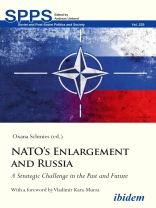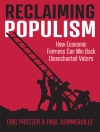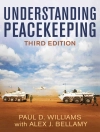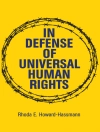The Kremlin has sought to establish an exclusive Russian sphere of influence in the nations lying between Russia and the EU, from Georgia in 2008 to Ukraine in 2014 and Belarus in 2020. It has extended its control by means of military intervention, territorial annexation, economic pressure and covert activities. Moscow seeks to justify this behavior by referring to an alleged threat from NATO and the Alliance’s eastward enlargement. In the rhetoric of the Kremlin, NATO expansion is the main source for Moscow’s stand-off with the West.
This collection of essays and analyses by prominent politicians, diplomats, and scholars from the US, Russia, and Europe provides personal perspectives on the sources of the Russian-Western estrangement. They draw on historical experience, including the Russian-Western controversies that intensified with NATO’s eastward expansion in the 1990s, and reflect on possible perspectives of reconcilitation within the renewed transatlantic relationship.
The volume touches upon alleged and real security guarantees for the countries of Eastern and Central Europe as well as past and current deficits in the Western strategy for dealing with an increasingly hostile Russia. Thus, it contributes to the ongoing Western debate on which policies towards Russia can help to overcome the deep current divisions and to best meet Europe’s future challenges.
Про автора
The editor:
Dr. Oxana Schmies (née Stuppo) studied International Relations and Modern History in Yekaterinburg and Erfurt. She held post-doctoral positions at the University of Erfurt, Humboldt University of Berlin, and the Center of Liberal Modernity (Lib Mod) in Berlin. Her publications include, among others, Das Feindbild als zentrales Element der Kommunikation im Spätstalinismus [The Enemy Image as a Central Feature of Late Stalinist Communication] (Harrassowitz 2007).
The author of the foreword:
Vladimir Kara-Murza is Chairman of the Boris Nemtsov Foundation for Freedom.












